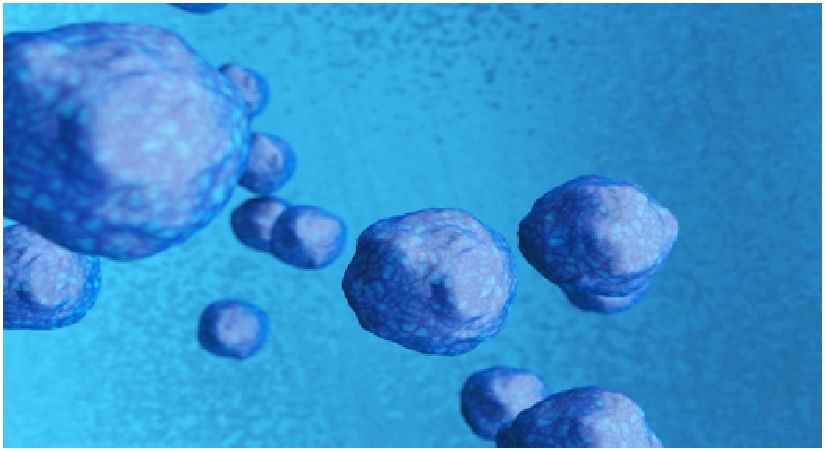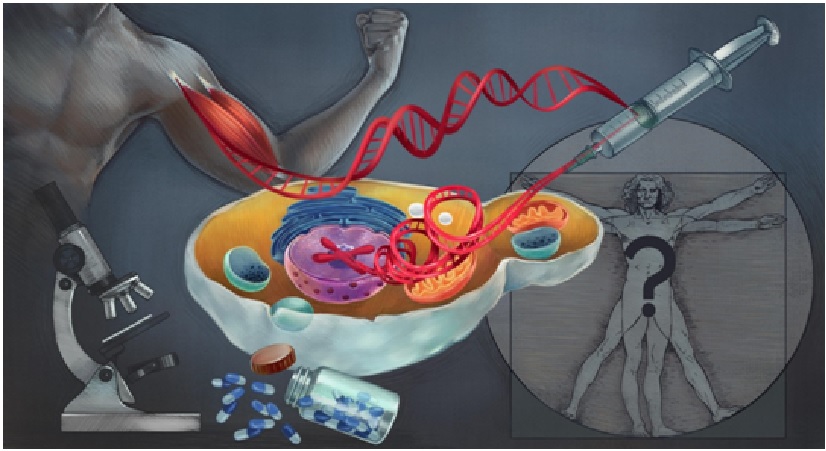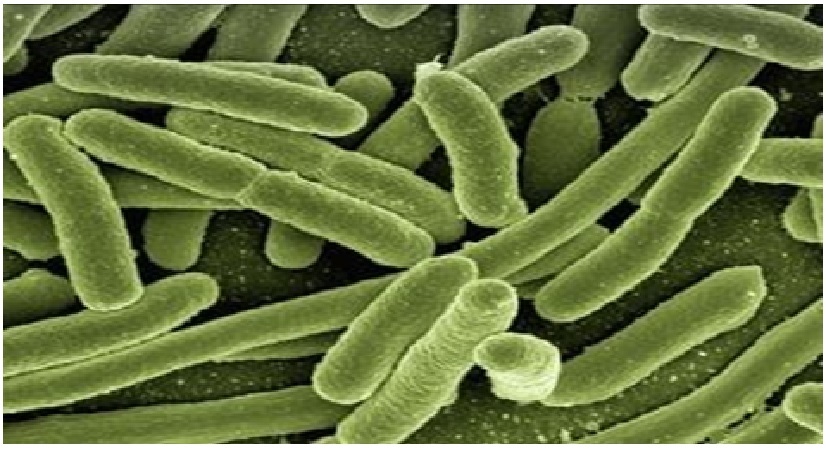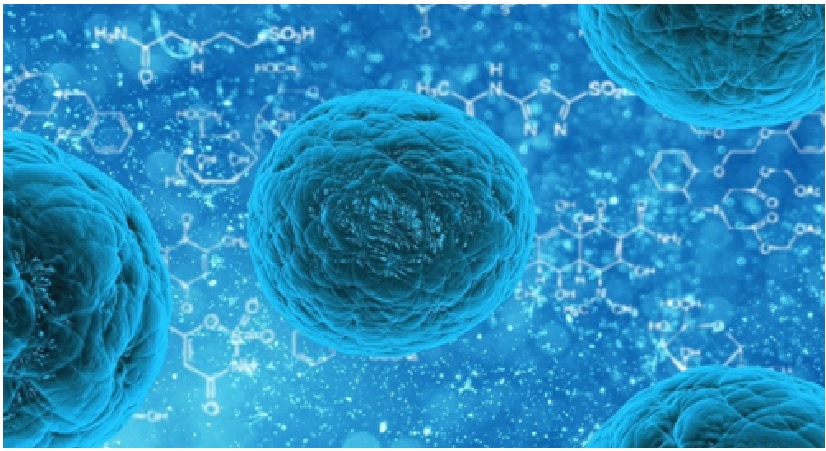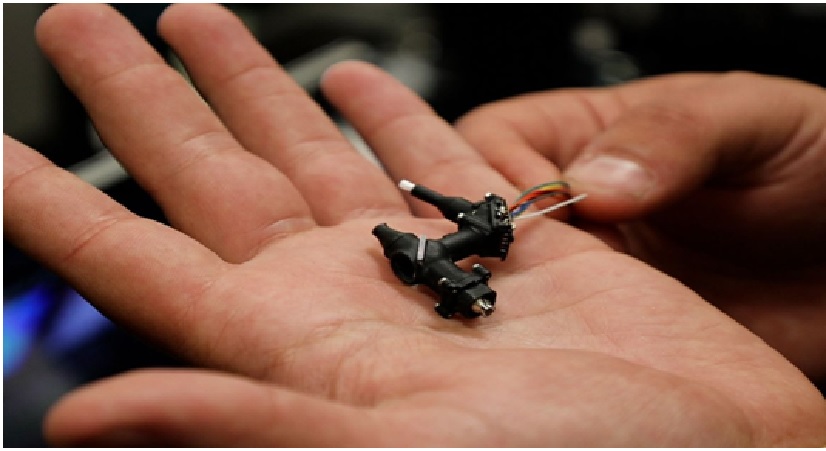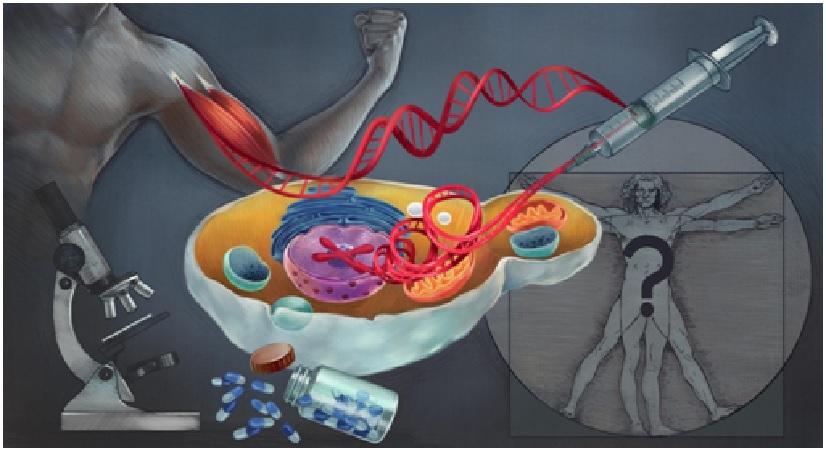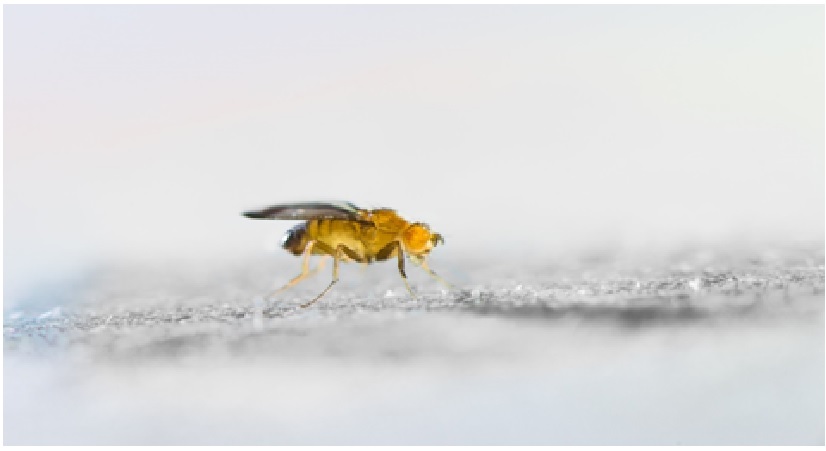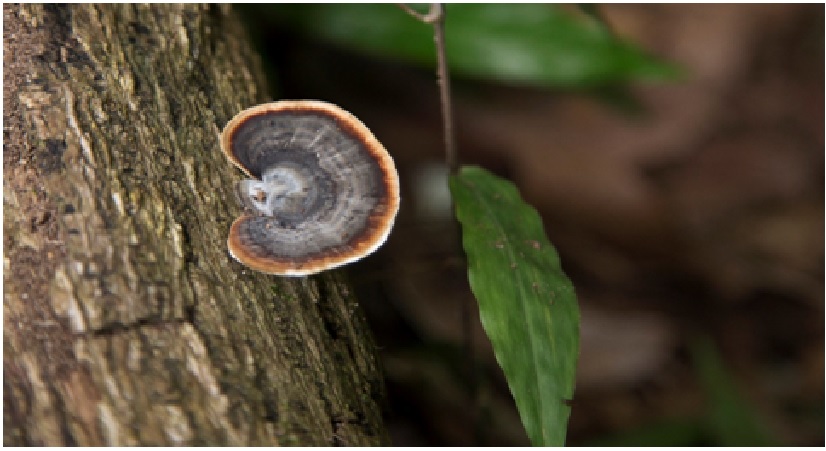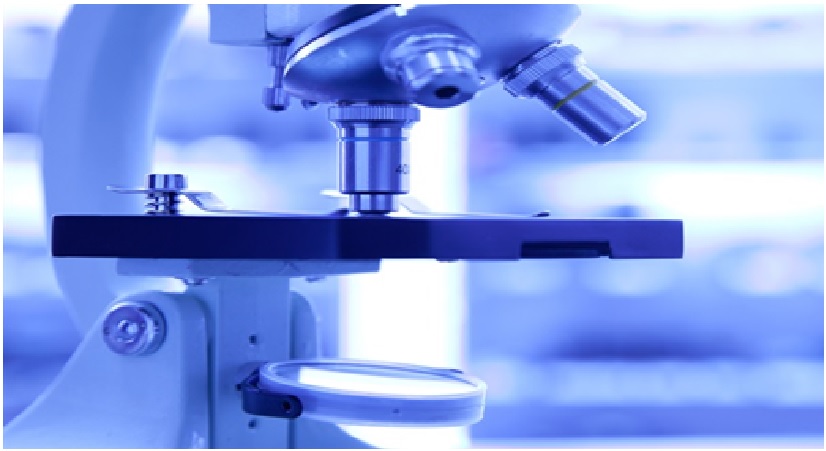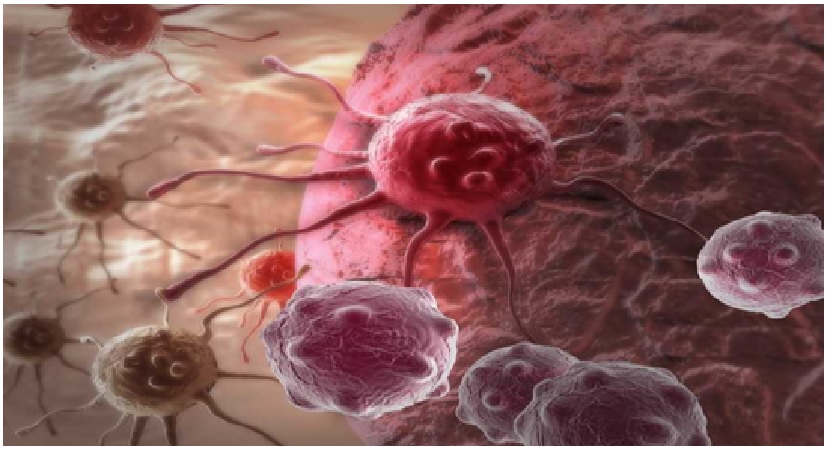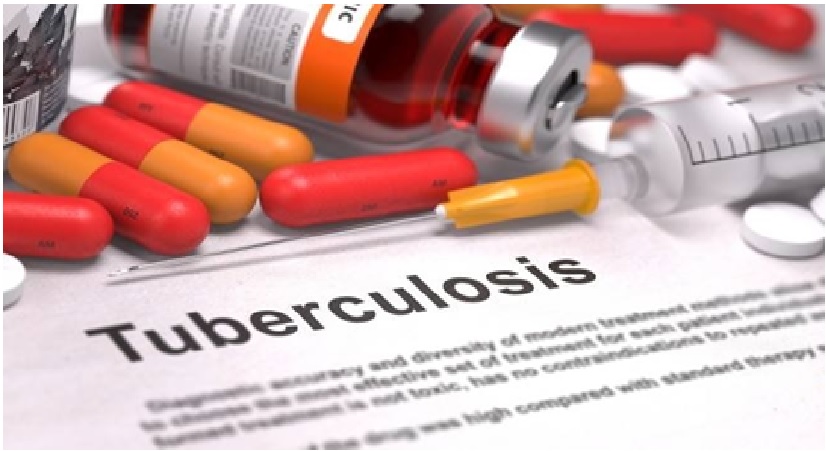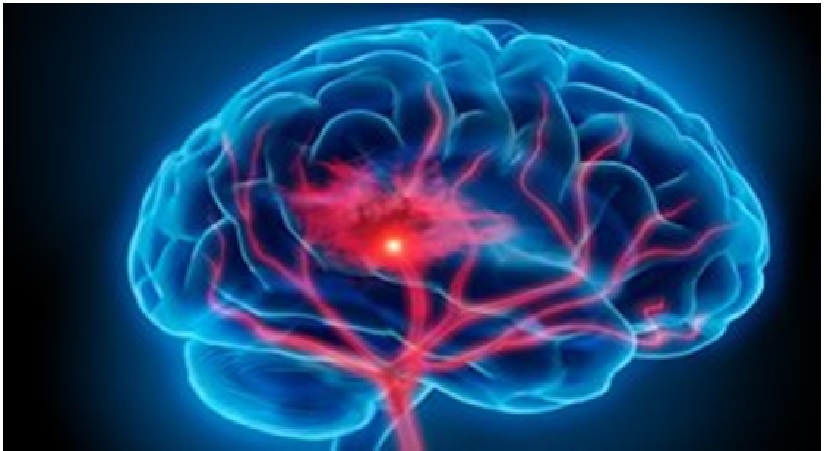Probiotic to Prevent Large Intestine Infections
Scientists at the National University of Singapore’s (NUS Medicine) Yong Loo Lin School of Medicine developed a probiotic to restore bile salt metabolism in the gastrointestinal tract in order to combat the onset and consequences of Clostridium Difficile infection (CDI).
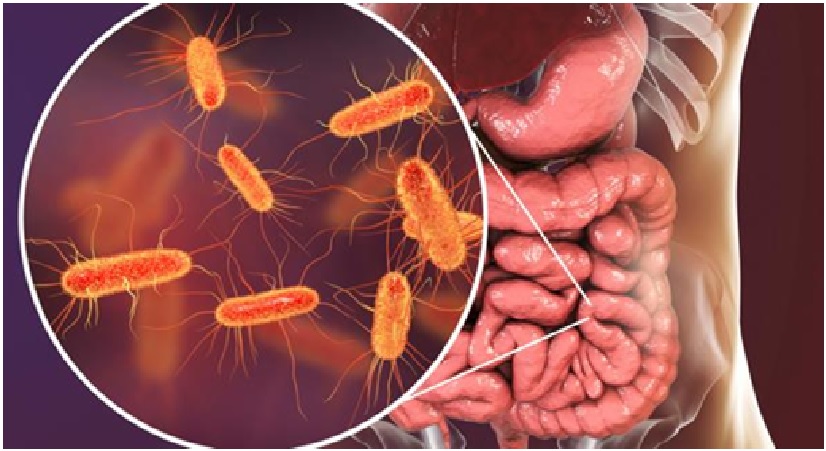
Figure 1: A probiotic to restore bile salt metabolism in the gastrointestinal tract.
Figure 1 shows thatCDI is the infection of the large intestine or colon that leads to infectious diarrhea, caused by an infectious bacterium known as Clostridium. Most cases of CDI have been observed to occur in those who have been taking antibiotics or just finished their course of antibiotics. [1]
The administration of antibiotics in the treatment of CDI causes an imbalanced gut microbiome, known as dysbiosis, which can disrupt other microbiome processes such as bile salt metabolism.
The dysregulation of bile salt metabolism can activate dormant Chloridoids difficile spores, leading to CDI, causing severe diarrhea and colitis – inflammation of the large intestine, or a reinfection of CDI.
A team of researchers, led by Associate Professor Matthew Chang, from the Synthetic Biology Translational Research Programmed at NUS Medicine and NUS Synthetic Biology for Clinical and Technological Innovation (SynCTI), engineered a probiotic that can detect the occurrence of antibiotic-induced microbiome imbalance and express an enzyme that can regulate the bile salt metabolism upon detection.
This probiotic contains a genetic circuit that comprises a genetically encoded sensor, amplifier and actuator.The team used an E. coli probiotic strain as the host because of its proven safety record in humans and its gram-negative nature makes it compatible with the current CDI therapy that uses antibiotics targeting gram-positive bacteria. [2]
The sensor in this probiotic, detects the presence of sialic acid, a gut metabolite that is indicative of microbiome imbalance. The actuator produces an enzyme that can regulate the bile salt metabolism, activated by the sensor, and it reduces the germination of the Chloridoids difficile spores that causes CDI, when induced by the sialic acid sensor.
The team also included an amplifier in the probiotic which amplifies the activation by the sensor and increases the production of the enzyme, reducing the germination of the Chloridoids difficile spores by 98 per cent. Experiments showed that the probiotic significantly reduced CDI in laboratory models, as demonstrated by a 100 per cent survival rate and improved clinical outcomes. [3]
References:
- https://theprint.in/science/nus-scientists-develop-probiotic-to-prevent-large-intestine-infections/1068794/
- https://medicine.nus.edu.sg/news/nus-scientists-engineer-probiotic-to-prevent-infection-of-large-intestine/
- https://www.newkerala.com/news/2022/101605.htm
Cite this article:
Sri Vasagi K (2022), Probiotic to Prevent Large Intestine Infections, AnaTechMaz, pp.77


